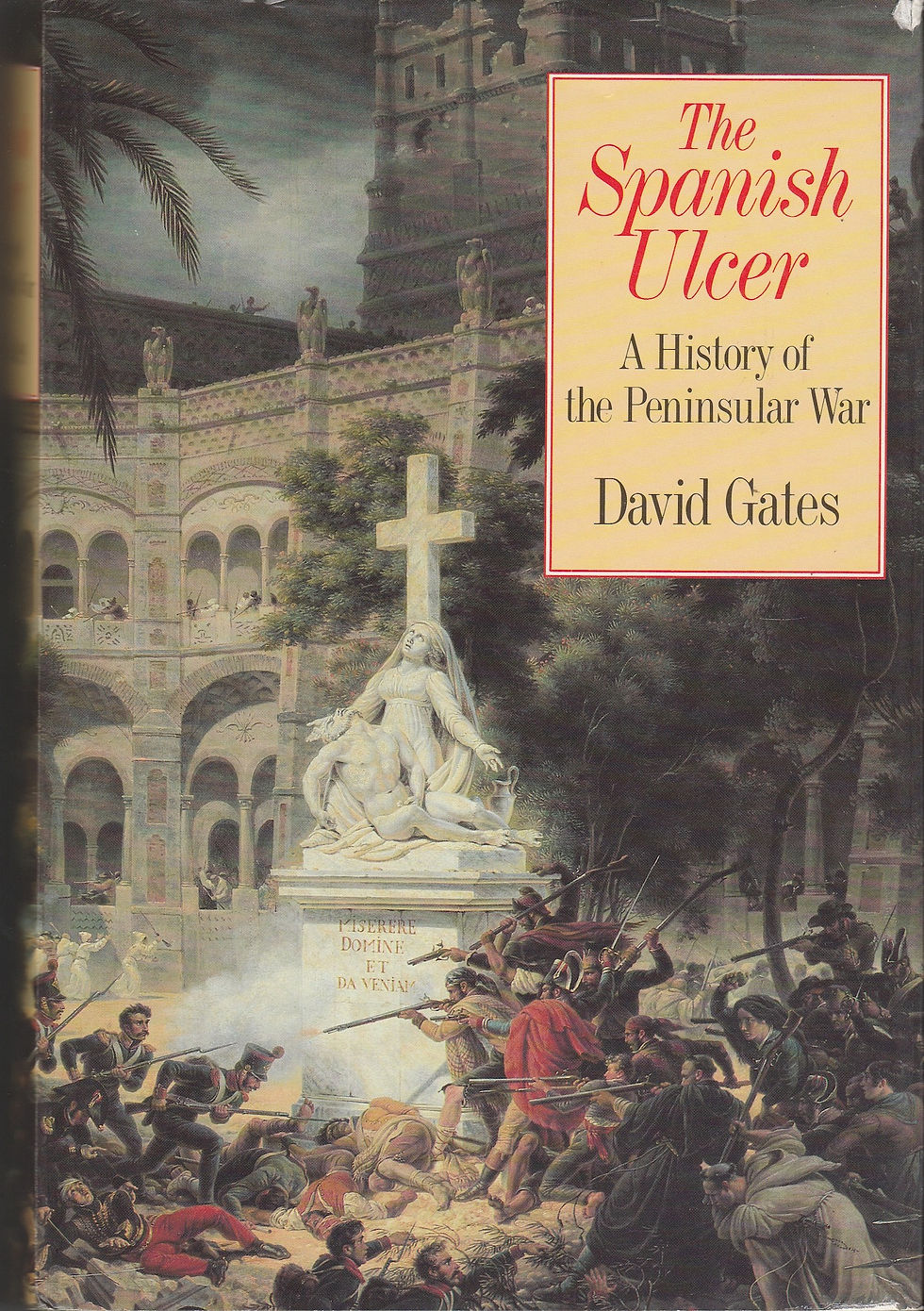Most military history books quickly become embedded in politics and economics, and in the process fail to complete their analysis of the military aspects of the history.
In this book Gates has maintained his focus all the way through the book, on the Military campaigns. Any politics or economics are introduced only to explain logistical difficulties or broad trends in strategic direction.
In most English focused histories Wellington is portrayed as some kind of superman who went out to Spain and roundly defeated one French army after another. Gates shows how far this is from the actual truth. He highlights the crucial role played by Peninsular forces, who fielded one army after another to keep the French busy. He demonstrates how the partisan guerilla war prevented the French from concentrating against Wellington to drive him out.
At the same time he demonstrates just why Wellington was the greatest soldier of his age. How he used intelligence and patience as his weapons. How he always selected his preferred battleground to gain maximum advantage against the French, who were after all, masterful foes. Wellington was the master of Soult, Ney and Massena, but not by much. He admitted that he would have lost if Napolean had been there himself.
Gates lavishes praise on the abilities of the French to survive in the harsh environment of the Peninsula, and at the same time extolls the mastery of the British use of naval support to outflank their gallic rivals.
From an Irish perspective it is interesting to note the large number of Irish named Generals fighting for the Spanish, the English and the French. Blake, Clarke, O'Donnell, Lacy and O'Neill to name only a few.
If I had any criticism of this book it would be on the way maps are presented. You always have to check which way is north. I prefer when North is the top of the page! Otherwise the large numbers of maps of all scales are a very useful tool in interpretation of the movements in the battles.
Gates is also helpful in giving the reader a brief introduction to the tactics of Napoleonic armies, explaining the purpose of line, column and square, the flanking manoevre, use of the reverse slope, the use of Cavalry V Infantry etc. A really wonderful book!
The Spanish Ulcer
1986 W. W. Norton and Company NY

